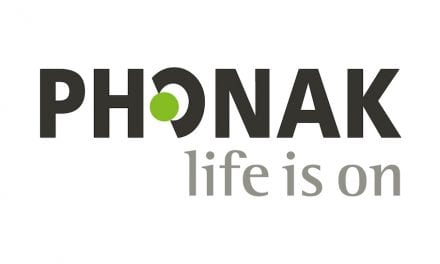In an article appearing on the NPR website, writer Rochelle Sharpe examines how untreated hearing loss can lead to a cascade of effects on older adults such as loneliness, isolation, and depression.
Sharpe profiles Anne Madison, a 68-year-old woman who stopped doing the activities she loved as a result of untreated hearing loss, including attending church services, lectures, and political rallies; her isolation worsened when neighbors mistakenly thought she was ignoring them, though, in reality, she hadn’t heard them talking to her.
The article goes on to mention a recent AARP study that found loneliness can be as hazardous to one’s health as smoking 15 cigarettes per day, and can lead to depression, dementia, and early death. In 2018, researchers at Johns Hopkins University launched a trial to determine whether treating hearing loss could prevent or slow down cognitive decline. Frank Lin, the director of Johns Hopkins’ Cochlear Center for Hearing and Public Health, is quoted in the article as saying, “Hearing loss is really linked with loneliness.”
Though researchers don’t know how exactly hearing loss contributes to dementia, some think that people who are socially isolated as a result of their loss may get less brain stimulation, potentially hastening cognitive decline. Other researchers think people with hearing loss use a different part of their brains to perceive sound, taxing their working memory.
Lin says that only about 20% of people with hearing loss in the US wear hearing aids; some obstacles to obtaining them include cost, access, and the sometimes frustrating process of having them adjusted.
To read the article in its entirety, please click here.
Additionally, Victor Bray, PhD, has published in Hearing Review an exceptional article and corresponding webinar about loneliness, isolation, and depression.
Source: NPR





